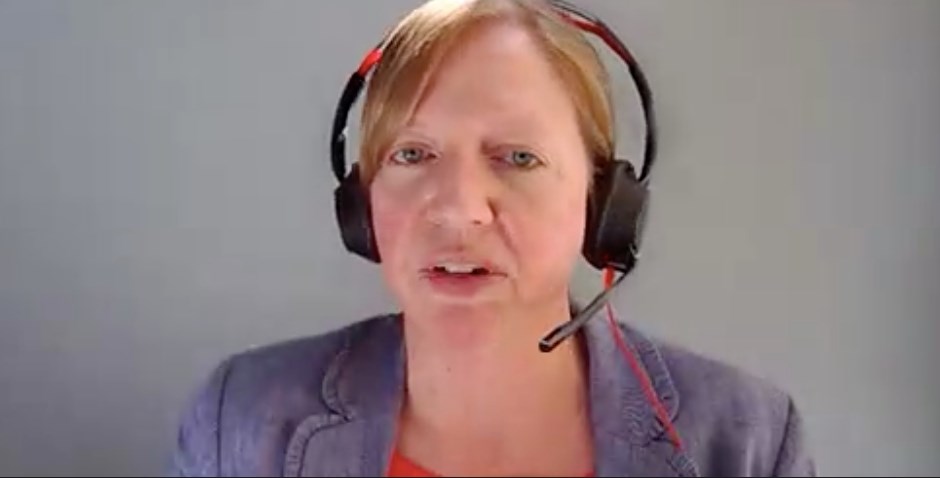While COVID-19 cases stabilize or decrease in other areas of the province, the Porcupine Health Unit isn't one of those regions yet, says Dr. Lianne Catton.
Today, the medical officer of health for the region provided an update on where the region is at with the pandemic.
In 2022, there have been about 1,400 confirmed cases of the virus in the region. During the third wave last year when the region was hard-hit, there were confirmed 1,690 cases locally.
Catton noted this year's case numbers are with limited testing PCR testing. The numbers also don't include people who have had a positive rapid antigen test or symptomatic people with no access to testing.
She said the region's positivity rate is high at 17.4 per cent, and the case rate is 256.7 per 100,000 people.
PCR testing is largely limited to frontline workers and people working or living in the highest risk settings. Indigenous people or people travelling to a First Nation community for work are also eligible.
Of the 363 known active cases in the region, nearly half (158) are on the James Bay and Hudson Bay area.
Catton said the story of what's happening on the coast belongs to those communities. She said the health unit works closely with Indigenous Services Canada, Weeneebayko Area Health Authority, community leadership and chiefs. The health unit also has an office in Moosonee.
“The cases that are being announced or shared anywhere across the PHU and the province are very much determined by who has access to testing and that differs across the region. And so we will see numbers that will look very different potentially. When you talk about half, there is a different testing capacity,” she said.
So far this year, there have been 11 virus-related deaths, with the most recent being reported today.
“We need to recognize that our population as a whole has a poorer health status than the rest of the province so we do have a greater proportion of our population that would be at risk from poor outcomes from COVID, similar to influenza or other infectious agents throughout the year,” she said.
The area also has an older population and the recent fatalities have had an average age of around 80 years.
Vaccinations are a "really important opportunity", she said, and are making a difference with the Omicron variant.
"Unvaccinated individuals currently still have a sixfold higher risk of being in the hospital and a 12-fold risk higher of being in ICU compared to people who have received two or three doses of COVID-19 vaccine,” she said.
The vaccination rate for people five years and older in the region is 87.8 per cent for first doses and 81.2 per cent second doses. Third doses are open to people 18 years and up and 52 per cent of the eligible local population has received a booster.
There is a push to vaccinate five to 11-year-olds. Locally, the rate for first doses in that age group is 49.4 per cent, she said.
Catton also addressed concerns over school-run clinics.
“Any child five to 11 years old whose parent does provide written consent for them to be vaccinated at a school clinic will be vaccinated at a school clinic. If the parent does not provide that consent there will not be any children vaccinated aged five to 11 at a school clinic without that consent,” she said.
The health unit has also recently started reporting hospitalizations in the region in its daily updates.
When it comes to local healthcare capacity in the region, she said the hospitals should speak to that.
“The number one way we can support our hospitals to make sure that they are available to respond when your loved one has a heart attack or when someone gets in an accident on our highways up here, which need further support to keep clean, is to keep our community numbers down so that we don’t have individuals in emergency departments or in the hospital that need to be admitted because of COVID.
"As tiring and as exhausted as it all has been and continues to be, we will get through it. That is for sure, every pandemic does end,” she said.



